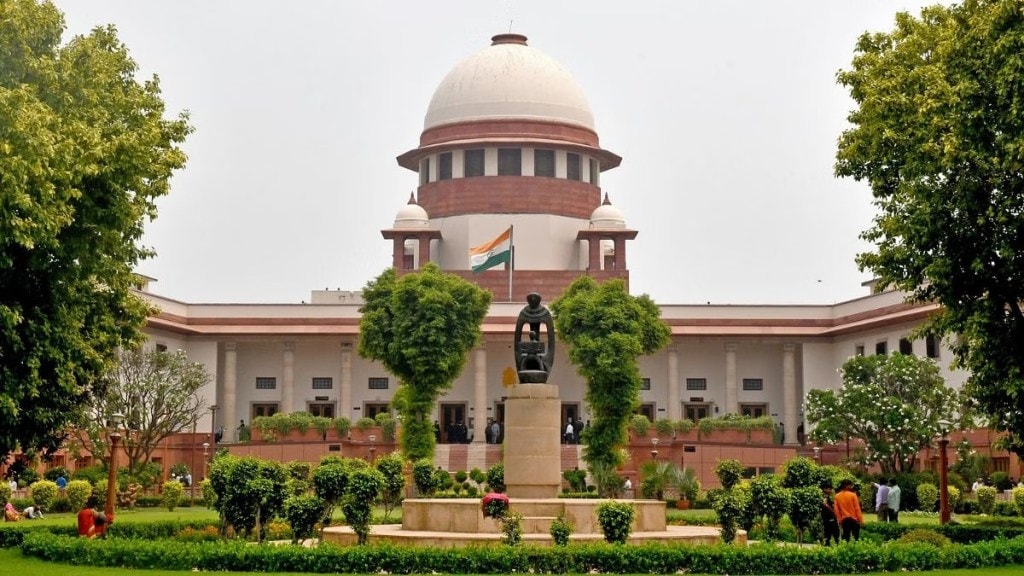The Supreme Court on Monday ruled that a bail condition allowing police to constantly track the movements of the accused and infringe on their privacy cannot be permitted.
A bench comprising Justice Abhay S Oka and Justice Ujjal Bhuyan reviewed a bail condition that required an accused to drop a pin on Google Maps for the investigating officer to monitor their location, deeming it a violation of the right to privacy.
The Court annulled the bail condition necessitating the accused to share their Google Maps PIN with the investigating officer.
“There can’t be bail condition defeating the very objective of bail. There can’t be a bail condition enabling the police to constantly track the movement of the accused and virtually peep into the private life of the accused,” Justice Oka pronounced the verdict.
The Court also relaxed a bail condition requiring a foreign accused to obtain an assurance from their embassy that they would not leave India. The bench emphasized that bail conditions should not undermine the purpose of granting bail.
The Court was addressing a special leave to appeal petition against the Delhi High Court’s interim bail conditions for Frank Vitus, a Nigerian national accused in a drugs case.
In 2022, the High Court had mandated the accused and a co-accused to drop a pin on Google Maps, enabling the investigating officer to track their whereabouts. Additionally, the High Court required the accused to obtain a certificate from the Nigerian High Commission confirming they would not leave India and would appear before the trial court.
During the proceedings, the Supreme Court asked Google India to explain the Google PIN’s functionality in relation to the bail conditions. After excusing Google India, the Court directed Google LLC to provide clarification. On April 29, after reviewing the affidavit from Google LLC, Justice Oka found it “superfluous” and stated that the bail condition violated Article 21 of the Constitution.
Additional Solicitor General Vikramjeet Banerjee, representing the Narcotics Control Bureau (NCB), argued that the condition allowed for live location sharing of the accused. However, Justice Oka disagreed, asserting that it could not be a bail condition, despite being previously used by the court in two instances.
The Court focused on two main issues: whether an accused must share their Google PIN location with the investigating officer as a bail condition and whether bail for a foreign accused can be conditioned on obtaining an assurance from their embassy that they will not leave India.
